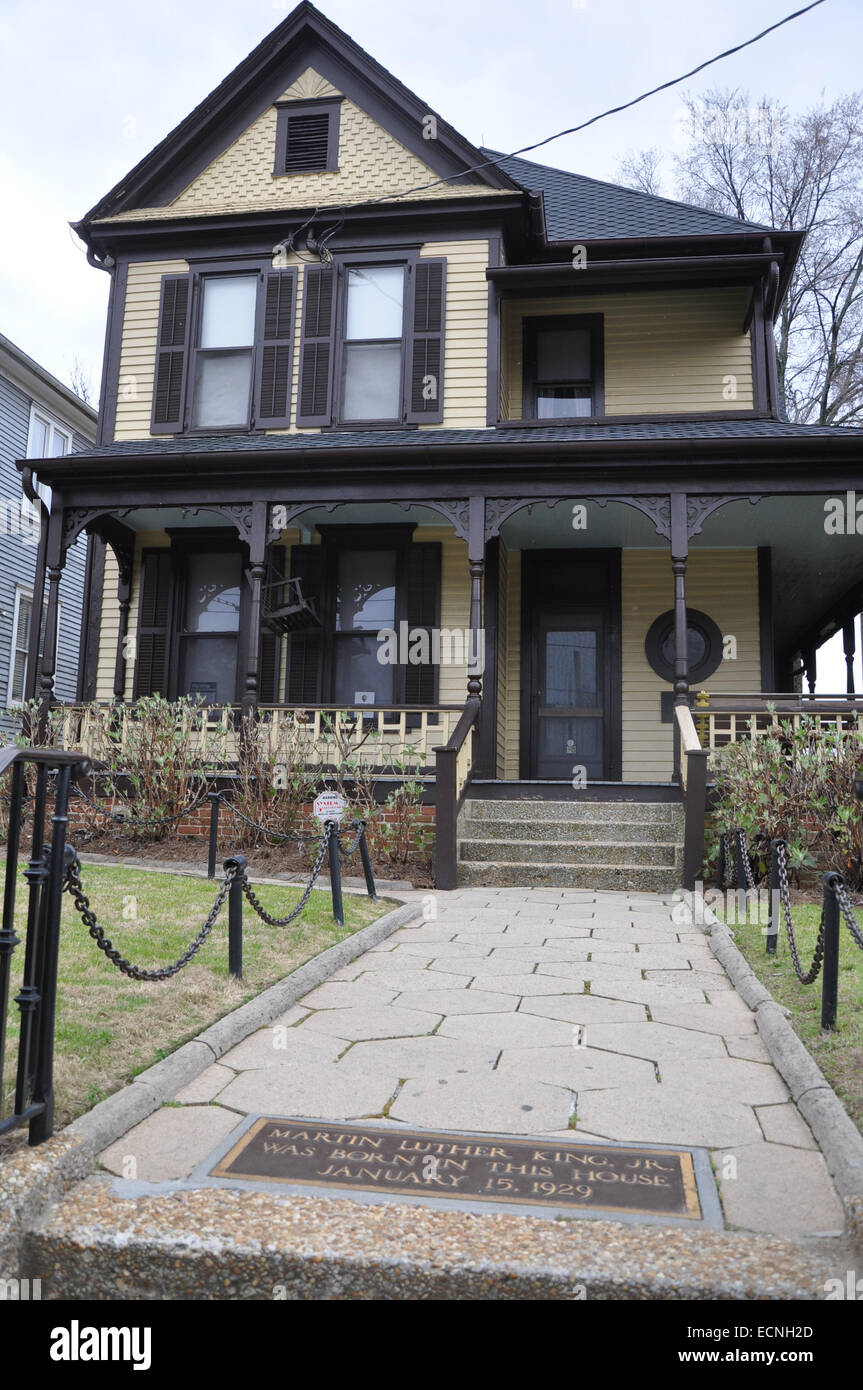Discover the birthplace of one of history's most influential figures, Martin Luther. Nestled in the heart of Germany, Eisleben offers a glimpse into the life and times of this pivotal religious reformer. As you walk through its charming streets, you'll encounter remnants of Luther's legacy that have shaped the course of Christianity.
Eisleben, a small town in the state of Saxony-Anhalt, is not only where Martin Luther was born but also where he took his last breath. This quaint German town has preserved its historical essence, offering visitors an opportunity to delve into the origins of the Protestant Reformation. Join us on a journey to explore the roots of Martin Luther's transformative impact on religion and society.
The Early Years of Martin Luther
Martin Luther was born on November 10, 1483, in Eisleben, a small town west of Halle in Saxony-Anhalt. His parents, Hans Luder and Margarethe Lindemann, were part of a modest family with ties to mining. The young Luther grew up in Mansfeld, where his father worked as a copper miner, instilling in him values of hard work and discipline. Despite their humble beginnings, Luther's parents ensured he received a good education, which eventually led him to the University of Erfurt.
At the University of Erfurt, Luther initially pursued a career in law, following his father’s wishes. However, after a life-changing experience during a thunderstorm in 1505, Luther decided to enter a monastic life instead. He joined the Augustinian monastery in Erfurt, dedicating himself to a life of prayer and study. This decision marked the beginning of a spiritual journey that would redefine Christian theology.
Luther's early years were characterized by a deep personal struggle with faith and an intense desire to understand God's will. These experiences laid the foundation for his later theological breakthroughs, particularly his emphasis on salvation through faith alone, rather than through good works or indulgences.
A Transformative Theology
Martin Luther's theology was deeply rooted in the Bible, challenging the established doctrines of the Catholic Church. His teachings emphasized the importance of grace over works, drawing heavily from Paul's Epistle to the Romans. Luther argued that salvation comes solely through faith in Christ, a revelation that resonated with many disillusioned by the Church's practices at the time.
This revolutionary approach to Christianity gained traction quickly, leading to widespread adoption by Lutheran Churches and influencing other Reformed Churches as well. Luther's ideas sparked the Protestant Reformation, fundamentally altering the religious landscape of Europe. His writings, such as the Ninety-Five Theses, became rallying cries for those seeking reform within the Church.
As Luther's influence expanded, so did the reach of his teachings. By emphasizing scripture and individual interpretation, Luther empowered believers to engage directly with their faith, fostering a more personal connection with God. This shift in religious thought had lasting implications for both the Church and society at large.
Legacy in Eisleben
Today, Eisleben stands as a testament to Martin Luther's enduring legacy. The town proudly preserves landmarks associated with his life, including the house where he was born and the church where he preached his final sermon. Visitors can explore these sites and gain insight into the historical context that shaped Luther's worldview.
Moreover, Eisleben hosts various events and exhibitions dedicated to Luther's contributions to theology and society. These activities provide a deeper understanding of how his ideas continue to influence contemporary discussions about faith, ethics, and social justice. Through these initiatives, Eisleben remains a vital center for those interested in the history and evolution of Protestantism.
In conclusion, Eisleben offers more than just a glimpse into the past; it serves as a living reminder of Martin Luther's profound impact on the world. By exploring this town, one can appreciate the significance of Luther's reforms and their continued relevance today. Whether you're a historian, theologian, or curious traveler, Eisleben provides a unique opportunity to connect with the roots of modern Christianity.

